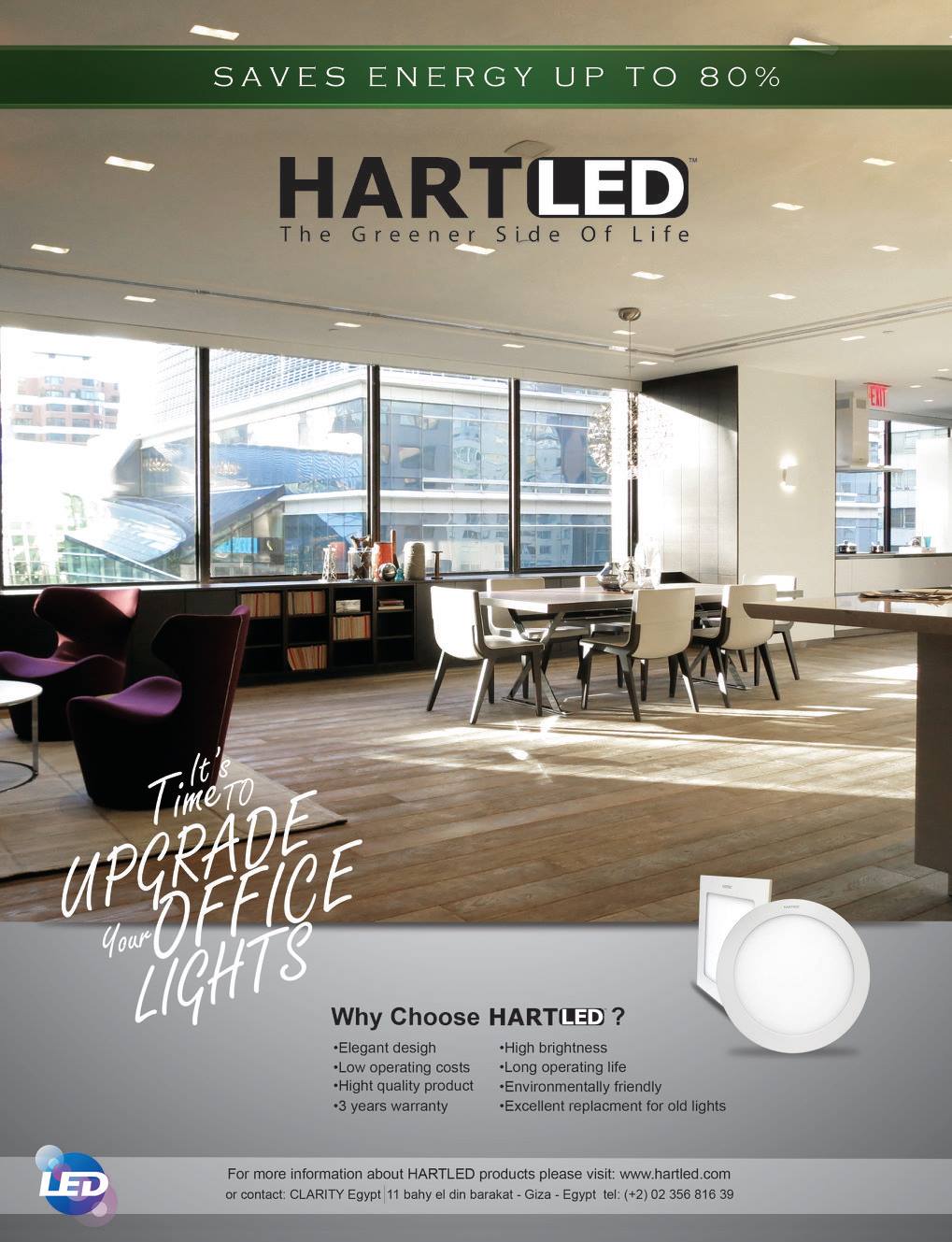Positivity can’t be a bad thing, can it? Can being positive lead to a toxic environment? Isn’t this counter-intuitive to the messages we have been getting from the media for so long – it could be worse, couldn’t it? If you have ever felt that too many people appear to be excessively happy and feel like it is borderline fake, you are not alone. The constant encouragement of “don’t worry about it” takes a toll and like any other platitude, it holds little meaning. Messages like “good vibes only” are everywhere, coming full speed ahead from Instagram, friends, colleagues and television shows – you name it. If you feel overwhelmed by these disingenuous messages, you are probably a victim of toxic positivity.
The Covid-19 pandemic has brought the phenomenon of toxic negativity to the forefront, making people reconsider the pressure of staying positive 24/7. Psychologist Natalie Dattilo from Brigham and Women’s Hospital in Boston, Massachusetts agrees that the “good vibes” trend has gone too far. She says, “While cultivating a positive mindset is a powerful coping mechanism, toxic positivity stems from the idea that the best or only way to cope with a bad situation is to put a positive spin on it and not dwell on the negative. It results from our tendency to undervalue negative emotional experiences and overvalue positive ones.”
How can positivity become toxic? Anything in excess is unhealthy, and positivity like chocolate or wine can easily make you sick if you have too much of it. Once positivity becomes a blanket to cover up any emotions, it teeters on being toxic. While many definitions exist, the underlying idea of toxic positivity is the overgeneralization of emotions and the projection of a happy, carefree state in the face of all obstacles. Job loss, death, a break-up, fights amongst friends cannot all be glossed over with a reminder to “look at the bright side.” Below are three ways to get rid of toxic positivity today.

Stop Suppressing Emotions
It is easier said than done but buying into excessive positivity does far more harm than good. If you are feeling sad, angry, frustrated, hurt or any other negative emotion, it is okay to feel that emotion organically rather than suppressing it with fake happiness. Many studies have shown that suppressing feelings exacerbates problems in the long run and engaging with a wide range of emotions can help strengthen a person’s stress responses. Psychologist Dr. Ruth Jillings says, “Always trying to look for the positive in any situation is still a great strategy but where it becomes toxic is when people take it to excess. By denying it, it doesn’t make the feelings or the negative emotions go away, they just wait. You’re allowed, and you should, feel them. You’re allowed to feel fearful or anxious or distressed or whatever it is. It’s ok.”

Don’t Buy Into the Fake News of Social Media
Social media is a personal highlight reel that allows people to post themselves living their best life. What can be deceiving is that Instagram stories, Facebook posts and Snapchat reels rarely show the bad or even realistic sides of life unless it is funny or worthy of a meme. A quick scroll can leave you thinking that everyone has just bought a new car, is learning Latin during the pandemic and can contour their face perfectly. Psychology professor and author Timothy Bono, Ph.D. reminds us, “Social media can make us feel like we have to be happy all the time but the happiest people understand that there is a natural ebb and flow to emotional states.”

Create Boundaries
We can only control our emotions and actions so if you feel like toxic positivity is trending and everyone in your life is handing it out in large doses then creating boundaries will help; there is no reason to engage in the crafting of fake emotions and fake narratives. Just because your coworkers or friends are engaging in emotionally suppressive behaviors doesn’t mean that you need to follow suit. With twenty years of experience in clinical psychotherapy, Noel McDermott says, “The way we’re designed emotionally is to have emotions or not have them. We can’t select which emotions we’re going to have. If we try to get rid of one set of emotions, we’ll get rid of them all and become numb to both pleasant and unpleasant emotions. If you try to get rid of bad emotions, you damage your whole internal world.”




